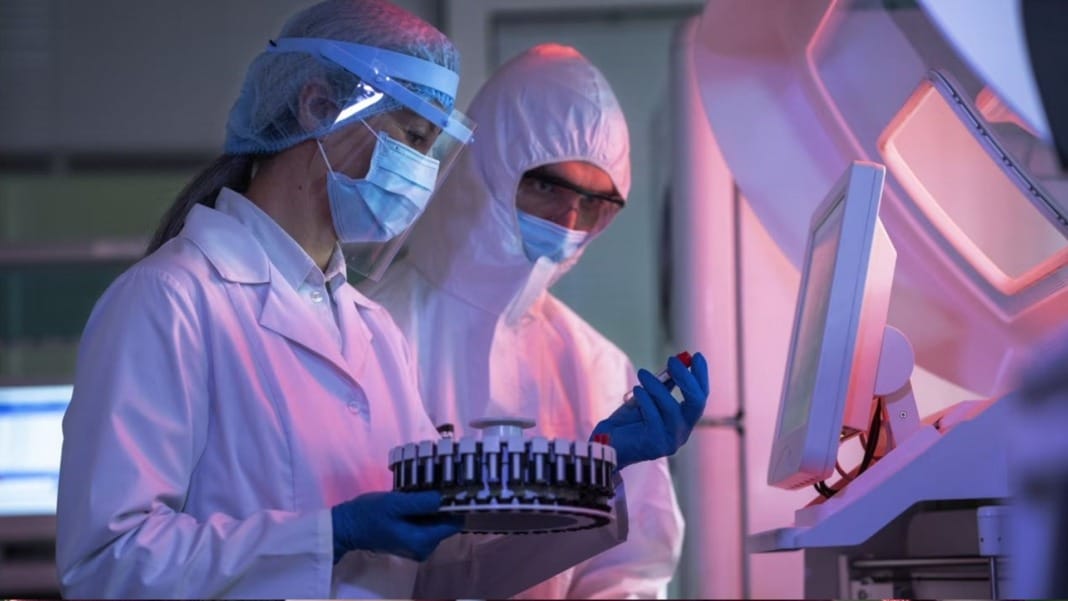A French AI startup, Bioptimus, has raised US$41 million to develop an innovative foundational AI model explicitly designed for biology. This cutting-edge technology aims to simulate biological processes and drive medical, pharmaceutical, and even cosmetic discoveries.
A new era of biology
Just as OpenAI’s ChatGPT revolutionised text-based interactions, Bioptimus plans to transform the understanding of biology by creating a model capable of simulating biological systems. The model will leverage raw data from molecules to entire organisms, enabling scientists to predict disease outcomes and develop more effective treatments.
Jean-Philippe Vert, co-founder and CEO of Bioptimus, describes the technology as “the GPT of biology” but with a focus on biological simulations instead of text generation. This approach could redefine how researchers analyse and interpret biological data, pushing the boundaries of science in unprecedented ways.
“Essentially, it’s like the GPT of biology — but instead of generating text, we’re simulating biology,” Vert explained.
France’s rise as an AI powerhouse
France is quickly becoming a hub for AI innovation. Over the past 18 months, several generative AI startups, including Mistral AI, Hugging Face, and H, have secured significant investments. Bioptimus, founded just last year, has already raised US$76 million in total funding, including a US$35 million seed round shortly after its launch.
Bioptimus benefits from the expertise of its six co-founders, such as Rodolphe Jenatton, who previously worked as a senior research scientist at Amazon and Google. Vert himself is the chief R&D officer at Owkin, another French AI-focused biotech unicorn. Owkin, a pioneer in using AI for drug discovery, has amassed a wealth of multimodal patient data, which Bioptimus is now utilising to train its foundational model.
Rather than embedding the foundational model development within Owkin, the team created Bioptimus as an independent entity. This approach allows for a focused effort on building large-scale foundational models while maintaining flexibility in securing resources like data and computing power.
Expanding horizons
Since its inception, Bioptimus has launched H-Optimus-0, an open-source foundation model for pathology, trained on millions of images to advance disease diagnosis and research, including cancer. With its latest funding, the company plans to enhance its AI platform using a broader range of data sources and develop partnerships with pharmaceutical and biotech companies.
A multi-modal foundation model, set to launch later this year, will span the entire biological spectrum and offer applications across various industries. Vert believes the model will pave the way for breakthroughs beyond healthcare, unlocking biological discoveries in unimaginable ways.
“Beyond pharmaceuticals, this model will unlock limitless possibilities across many other industries, driving biological discoveries in ways we are only beginning to imagine,” Vert noted.
The US$41 million funding round was led by Cathay Innovation, a U.S.-based company, with contributions from Sofinnova Partners, Bpifrance, Andera Partners, Hitachi Ventures, and others. This injection of capital solidifies Bioptimus’s position as a frontrunner in developing AI tools for biology.





